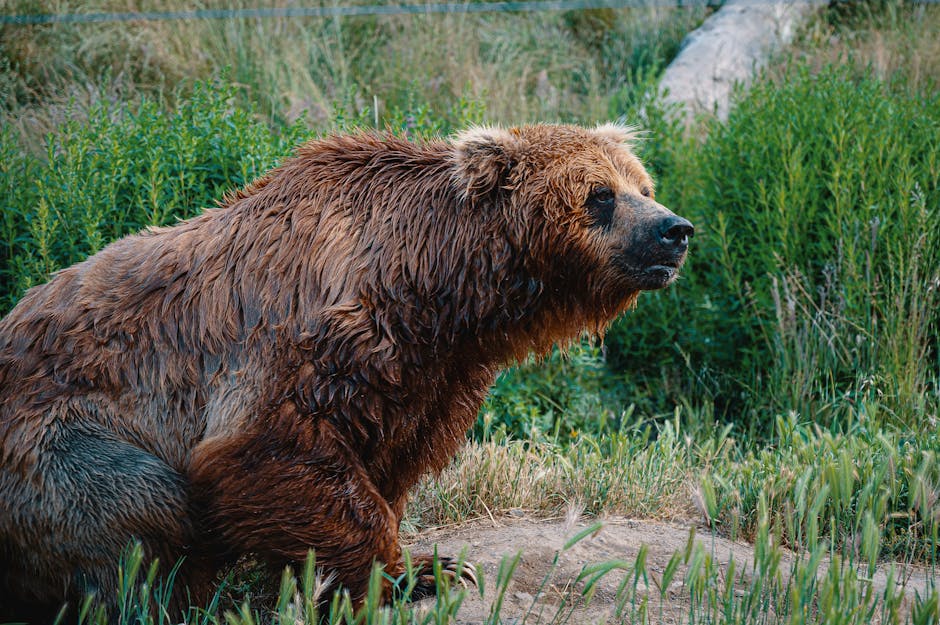The Power of Eco-Tourism in Protecting Wildlife
I’ve always been fascinated by the beauty and diversity of our planet’s wildlife. From majestic elephants roaming the African savannah to colorful birds flitting through the Amazon rainforest, there is something truly magical about encountering these creatures in their natural habitats. But with the increase in human activities such as deforestation, poaching, and pollution, many of these species are facing the threat of extinction. This is where eco-tourism comes in – a form of responsible travel that not only allows us to appreciate and enjoy nature, but also plays a crucial role in protecting it.
Why Eco-Tourism Matters
Eco-tourism, also known as sustainable tourism, aims to minimize the negative impact of tourism on the environment and local communities while promoting conservation efforts. Unlike traditional tourism, which often prioritizes profit and convenience, eco-tourism is centered around responsible and ethical practices. This means staying in eco-friendly accommodations, supporting local businesses, and participating in activities that do not harm the environment or wildlife.
The Benefits of Eco-Tourism for Wildlife
One of the most significant benefits of eco-tourism is its positive impact on wildlife conservation. By promoting sustainable practices, eco-tourism helps to preserve natural habitats and protect endangered species. For example, in Costa Rica, eco-tourism has been credited with the recovery of the scarlet macaw population, which was once on the brink of extinction due to deforestation and poaching. The country’s efforts to promote ecotourism, along with strict conservation laws, have allowed these beautiful birds to thrive once again.
Empowering Local Communities
In addition to its impact on wildlife, eco-tourism also has a positive effect on local communities. By supporting eco-friendly lodges and businesses, tourists are directly contributing to the economic growth of these communities. This, in turn, provides an alternative to industries that harm the environment, such as logging and poaching. Furthermore, many eco-tourism initiatives involve the local community in conservation efforts, creating a sense of ownership and pride in protecting their natural resources.
My Personal Experience with Eco-Tourism
I had the opportunity to witness the power of eco-tourism firsthand during my trip to Borneo. I stayed at an eco-lodge deep in the rainforest, where the accommodation was built using sustainable materials and run on solar energy. The lodge also supported a nearby orangutan rehabilitation center, and guests were able to participate in activities such as tree planting and wildlife monitoring. Not only did I have an incredible experience, but I also felt good knowing that my stay was benefiting the local community and helping to protect the endangered orangutans.
How You Can Make a Difference
As travelers, we have the power to make a positive impact through our choices. Here are some ways you can support eco-tourism and help protect wildlife:
– Choose eco-friendly accommodations and tour operators that prioritize sustainability and conservation.
– Educate yourself on the local wildlife and their habitats before your trip. This will allow you to be a responsible and respectful tourist.
– Avoid activities that exploit animals, such as elephant riding or visiting animal shows.
– Support local conservation efforts by participating in activities such as tree planting or wildlife monitoring.
– Reduce your carbon footprint by choosing eco-friendly transportation options and minimizing waste.
Final Thoughts
Eco-tourism is not just about enjoying a vacation; it’s about making a positive impact on the environment and local communities. By choosing to travel responsibly, we can help protect our planet’s wildlife and ensure that future generations can also experience the beauty and wonder of our natural world. So, the next time you plan a trip, consider the power of eco-tourism and make a difference for the better.




